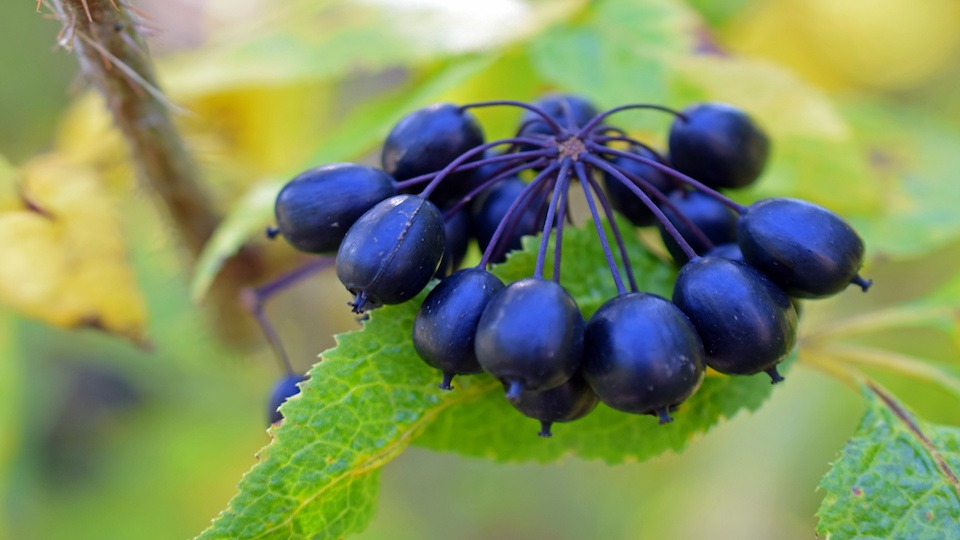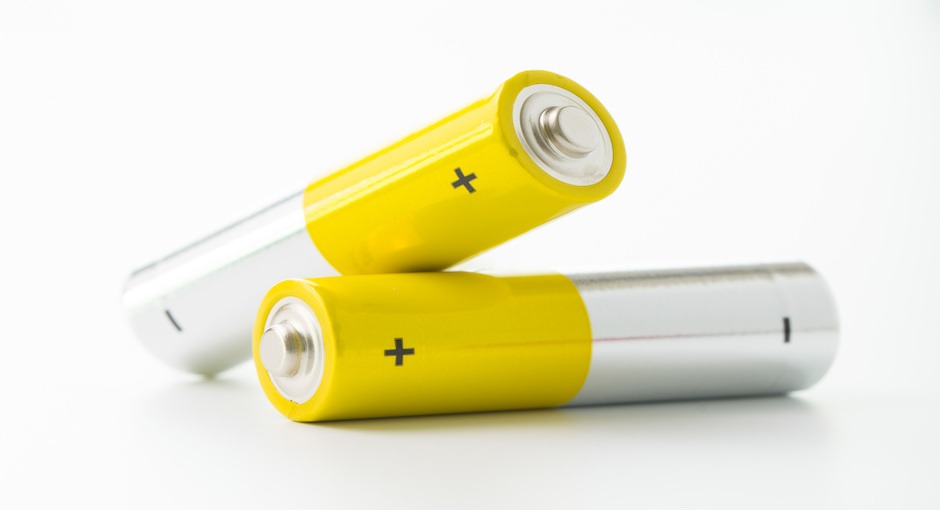I’d like you to take a moment to paint a picture in your mind of one of harshest environments on the planet. You’re in Siberia, up in the mountains near northeastern China, Mongolia, and the outer reaches of Russia. And there, growing happily despite the harsh conditions, is a small, woody shrub loaded with thorns and heavy with berries that you could almost mistake for a blackberry. That’s Eleuthero (also called Siberian ginseng), an herbal medicine derived from a plant known to botanists as Eleutherococcus senticosus. The root of this remarkable plant allows it to survive temperature extremes, nutritionally depleted soil, and some of the most stressful conditions imaginable.
Adaptogenic Herbs
Eleuthero’s remarkable adaptive ability may have something to do with how it got its nicknames, which include the devil’s shrub and touch-me-not. Amazingly, it is also that hardiness that makes compounds in the root so well-suited to helping people adapt to stressful conditions too.
Herbalists use the word “adaptogen” to refer to herbs that help organisms adapt to challenging environments. Interestingly, many of these plants grow in harsh conditions themselves. Herbal adaptogens include a wide range of plants and plant-based compounds that promote resilience and protect against stress. Eleuthero is one of the finest.
The term “adaptogen” was first coined in 1947 by Dr. Nikolai Lazarev, a Soviet physician who did pioneering work investigating plant-based remedies that could safely protect against stress. In subsequent years, Dr. Israel Brekhman extended this work by identifying three characteristics that adaptogenic compounds exhibited. According to Brekhman, herbal adaptogens:
- Are non-toxic and safe for general use
- Improve tolerance for internal and external stress
- Help to promote or restore homeostasis (a “balancing” effect)
Stress-Busting and Stamina-Boosting
The scientific evidence for Eleuthero’s effectiveness as an adaptogen is impressive. It is extremely popular among endurance athletes, who use it to increase energy and stamina. And multiple studies have found that the herb helps to modulate the stress response in ways that preserve homeostasis. Here are just a few of the evidence-based ways that the use of eleuthero protects against the adverse effects of stress.
Eleuthero has been shown to:
- Boost immunity that can be compromised by the constant presence of stress hormones in the bloodstream.
- Help support the adrenal glands which are directly involved in the biochemistry of the stress response.
- Increases levels of protective lymphocytes, which defend the body against viral infections.
- Acts like a gentle stimulant that promotes mental and physical vitality.
- Improve cognitive function and memory.
- Contains compounds that improve exercise tolerance and recovery.
- May help prevent nerve damage.
Eleuthero (Siberian ginseng) first gained popularity in the West when a different plant with a similar name, Panax ginseng, became prohibitively expensive due to high demand. But despite similar names and benefits, Eleuthero contains eleutheroside not ginsenoside, the medically active component of Panax ginseng. That’s one reason that Siberian ginseng can only be marketed and sold under its botanical name, eleuthero.
Eleuthero is less well known and not as well studied as Panax ginseng, but it’s immune-boosting, and stress-relieving benefits are comparable. For those seeking a simple, safe, and effective way to boost energy, alleviate stress, and combat fatigue, eleuthero is an excellent choice.
Eleuthero is generally regarded safe for adults, although there’s not enough data to recommend it if you are pregnant or breastfeeding. Similarly, those taking medications for hypertension, blood clots, and blood glucose regulation will want to discuss possible drug interactions with their physicians first.
When shopping, look for a product that contains an extract of Eleuthero that is standardized to at least 0.8% eleutheroside content. Typical doses are 200 mg twice daily.
Take good care,
Dr. Josh








